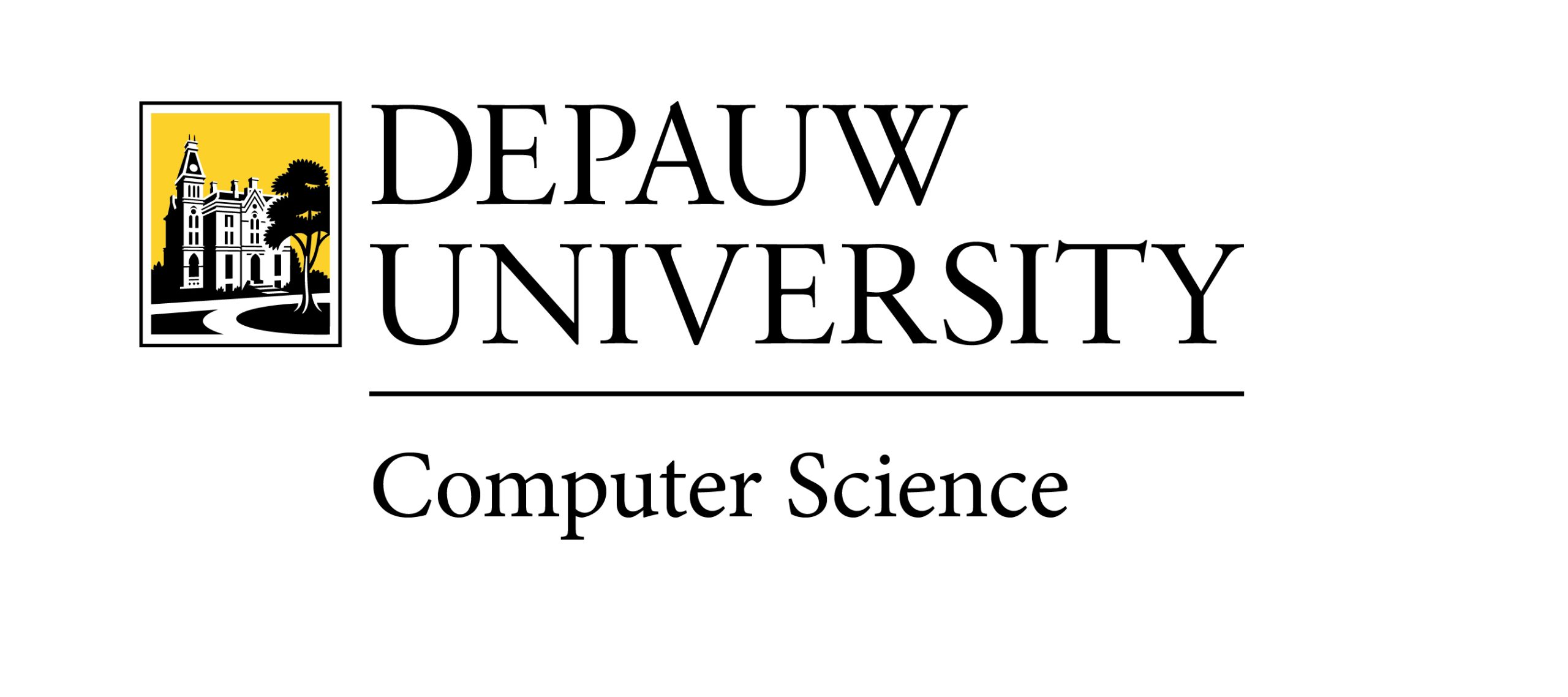With approximately 123 students currently majoring in Computer Science (CS), this field is considered to be one of the most popular majors at DePauw. After more freshmen declare their majors, the CS department’s population is anticipated to increase in succeeding years. Some people wonder, "Why do people major in Computer Science? What can you learn from it?" To answer these questions, I asked two Computer Science students about their insights.
Hye Seong Oh is a freshman from South Korea. Since Computer Science is a well-known academic field in his country, he was curious why so many people want to major in CS and what they can get from it. Personally, he enjoys exploring CS as it gives him “the opportunity to gain a systematic understanding of the inner workings and origins of the various services we often use in our daily lives.” He is fascinated by how it helps us solve problems or any inconvenience in our lives with a specific code and rule.
After taking a Computer Science class for about a month, he has been “struck by its inherent honesty,” highlighting its straightforward nature. He also became more interested in artificial intelligence (AI) specifically, and expects to learn more about it in college. In the future, he would like to work in a position where he can “promote the importance of IT, economics, and financial education…which can be [through] app development or launching my own business.”
Meanwhile, Khue Anh (Audrey) Bui is a current sophomore, majoring in Computer Science, from Vietnam. She chose a Computer Science major to increase her employment opportunities since “the demand for workforce in this field is very high.” In the future, she hopes to work as a software engineer or developer for a few years, before becoming an IT or technology consultant. She wants to play “the role of the connection between clients and other software developers,” rather than coding all day to solve complicated problems.
What she likes about CS is that “it helps train your brain to think in a very logical and strategic way.” She also mentions how CS allows her to develop soft and hard skills that can be applied to multiple fields. She said, “When I am taking the Business Analytics class and using Excel to analyze data, I was very surprised that the logic of functions in Excel works kind of similar to those in CS.” This allows her to explore a broader set of career options such as Data Science or Business Analytics. “The most invaluable thing I get from learning CS is the ability to develop my cognitive skills. This is because logic is the core of CS, being able to realize what you are doing right or wrong in your code can somehow craft your mindset and help you a lot in solving real life problems,” she added.
As mentioned by these two students, computer science is not only about technical problem-solving but also equips students with skills to handle real-life issues. This was further emphasized by Professor Khadija Stewart, an assistant professor in the Computer Science Department.
“Watching students come up with something I cannot think [of] gives me joy when teaching CS,” Stewart said, sharing her joy upon witnessing students’ creativity and problem-solving abilities through their projects. “When students are engaged, working in a group, and solving problems together, it is rewarding to me.” She thinks that every student at DePauw should take CS classes because of the importance of computer literacy and problem-solving for every discipline.
Moreover, Stewart thinks that there are no specific challenges in teaching CS except when students are unprepared or reluctant to ask questions. This is “because in CS, every topic builds on previous knowledge. If students have not mastered a previous lesson, it is hard for them to keep track in the class. It can hinder their learning when they don’t come to ask questions.” Stewart encourages students to utilize office hours or consult with Q tutors and STEM guides for academic assistance. Many students take Computer Science classes, as it is useful in our lives and in DePauw’s interdisciplinary curriculum. It also widens the opportunities for future career paths, as it gives them problem-solving and critical-thinking skills that are essential in any field. If you are interested in majoring or taking a class in Computer Science, you shouldn’t hesitate to give it a try!

